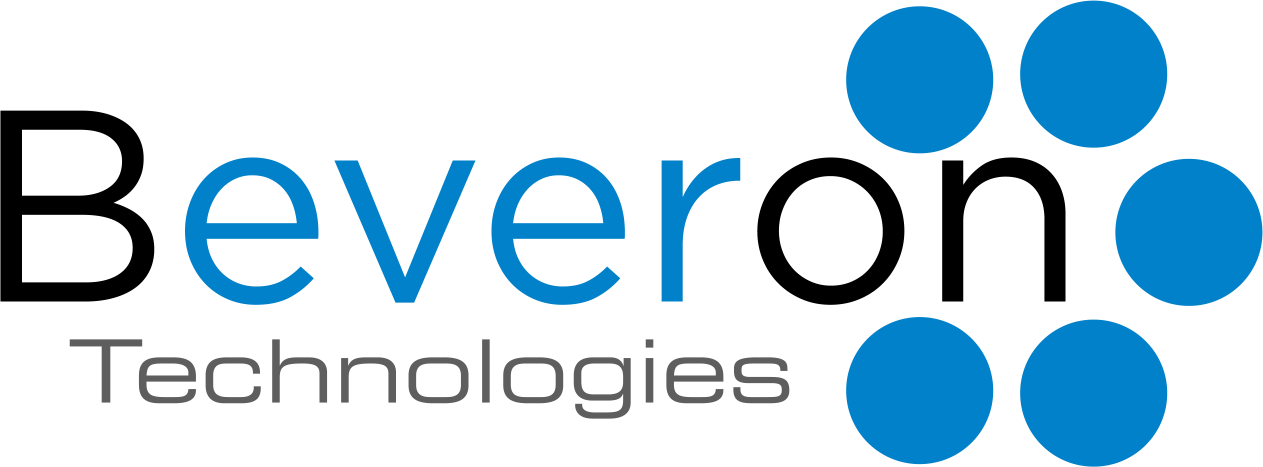Handling Promise to Pay in Debt Collection

What is PTP in a debt collection software in UAE, Nigeria, India
In the Debt Collection Industry, "PTP" stands for "Promise to Pay." It's a pivotal element in the process of resolving outstanding debts. When a debtor agrees to make payments on their debt within a specified timeframe, they enter into a Promise to Pay arrangement with the creditor or debt collector. This commitment is typically documented, outlining the agreed-upon terms such as payment amount and due dates. PTPs provide a structured approach for debt resolution, allowing debtors to address their financial obligations while providing creditors with clarity on repayment expectations. Adhering to the agreed-upon Promise to Pay is crucial, as failure to do so can result in further collection efforts or legal actions.
PTP arrangements serve as a structured approach to debt resolution. They offer debtors a clear path to address their financial obligations while affording creditors a transparent framework for debt recovery. However, it is imperative for debtors to uphold their end of the bargain and make payments as promised. Failure to do so may result in escalated collection efforts or legal actions, which can have adverse consequences on their financial standing. In essence, PTP in the Debt Collection Industry represents a mutual commitment between debtors and creditors, fostering cooperation in the pursuit of debt settlement and financial recovery.
How to automate promise to pay in debt collection ?
Automating promise-to-pay in debt collection is achieved through the best debt collection software. Implementing debt collection software streamlines promise-to-pay processes, reducing manual efforts. This efficient approach enhances compliance, saves time, and improves debt recovery rates, making it a valuable tool for debt collection agencies.
How to track PTP in a best debt collection software
Tracking Promise to Pay (PTP) in debt collection software is essential for managing and monitoring payment agreements made by debtors. Here are steps to track PTP in debt collection software effectively:
Data Entry:
Enter debtor information: Input debtor details, including their name, contact information, account number, and outstanding debt amount, into the debt collection software.
Document PTP Agreements:
Record PTP agreements: Create a record for each PTP agreement, including the agreed-upon payment amount, due dates, and any special conditions. This information should be linked to the respective debtor's account.
Calendar and Alerts:
Set up a calendar: Integrate a calendar or scheduling feature in the software to track upcoming PTP due dates.
Configure alerts: Enable automatic notifications and reminders for PTP due dates to ensure timely follow-up.
Status Updates:
Update PTP status: Implement a status tracking system to mark PTP agreements as active, pending, or fulfilled.
Record payments: Log payments received from debtors against their PTP agreements, adjusting the outstanding balance accordingly.
Communication Logs:
Document communication: Maintain a log of all interactions with debtors regarding PTP agreements, including phone calls, emails, and letters.
Attach documents: Upload relevant documents, such as signed PTP agreements or correspondence, to the debtor's record.
Reporting and Analytics:
Generate reports: Use the debt collection software to create reports on PTP agreements, outstanding balances, and compliance rates.
Analyze trends: Analyze data to identify trends in PTP fulfillment and debtor behavior.
Compliance Tracking:
Ensure legal compliance: Incorporate features to track compliance with legal regulations and industry standards, such as Fair Debt Collection Practices Act (FDCPA) guidelines.
Automation:
Automate reminders: Utilize automation to send automated payment reminders to debtors prior to PTP due dates.
Workflow automation: Automate workflows for PTP agreements, streamlining the process from negotiation to fulfillment.
Integration:
Integration with payment gateways: Link the software with payment processing systems to facilitate convenient payments by debtors.
Accounting integration: Sync financial data with accounting software for accurate bookkeeping.
Security:
Ensure data security: Implement robust security measures to protect sensitive debtor information and maintain compliance with data protection regulations.
User Access Control:
Control access: Assign user roles and permissions to restrict access to sensitive PTP information, ensuring data integrity.
Audit Trail:
Maintain an audit trail: Keep a comprehensive record of all actions taken within the debt collection software, enabling accountability and transparency.
By following these steps and customizing your debt collection software to suit your specific needs, you can effectively track and manage Promise to Pay agreements, improving the efficiency of your debt collection processes while maintaining compliance and data security.
Which debt collection software in India, Nigeria , Saudi Arabia can track PTP efficiently?
Smart Debt Collection is the best debt collection software in India, Nigeria, Saudi ARabia which utilizes cutting-edge technology to track Promise to Pay (PTP) more efficiently than traditional methods. Through data analytics, AI-driven algorithms, and real-time monitoring, it optimizes PTP management, increasing recovery rates while reducing manual efforts. Smart Debt Collection stands out as a leader in the industry for its advanced and efficient PTP tracking solutions.
Best debt collection software in Nigeria
Best debt collection software in Oman
Best Debt Collection software in India
Best debt collection software in Saudi Arabia
If you want a free demo on best PTP tracking software, please fill the form below










